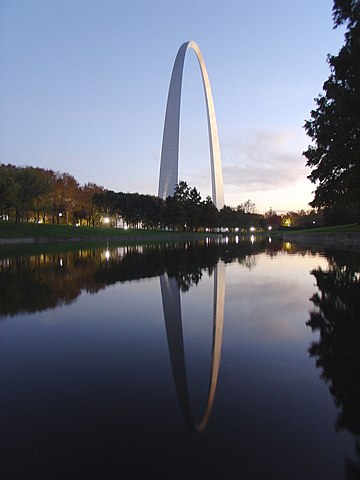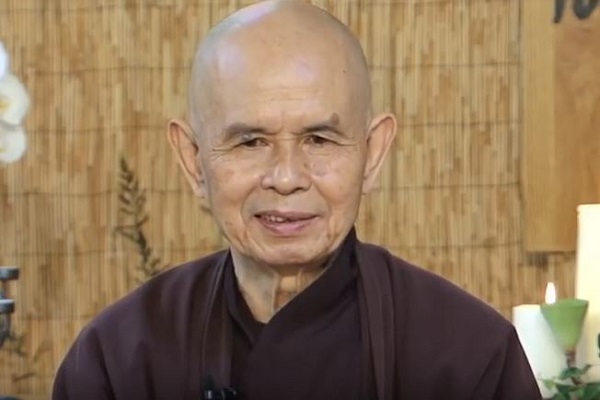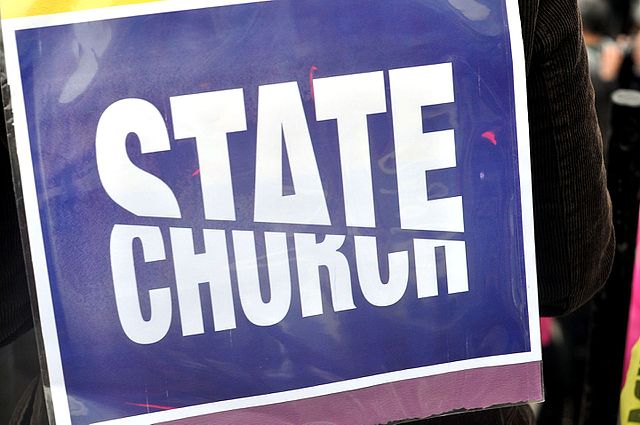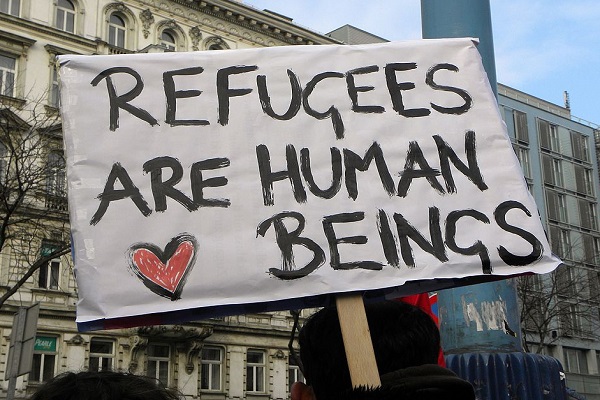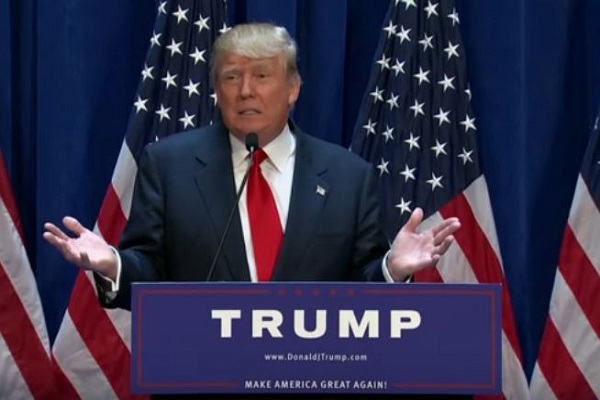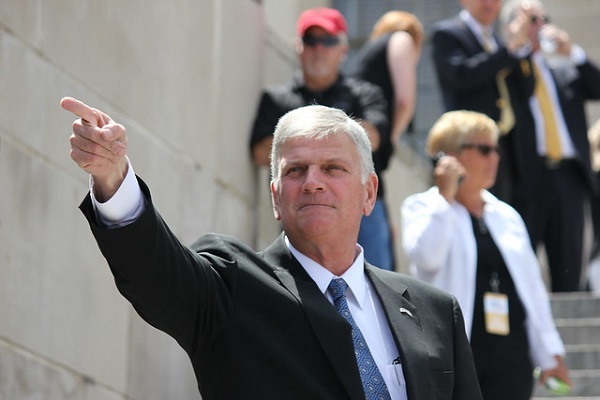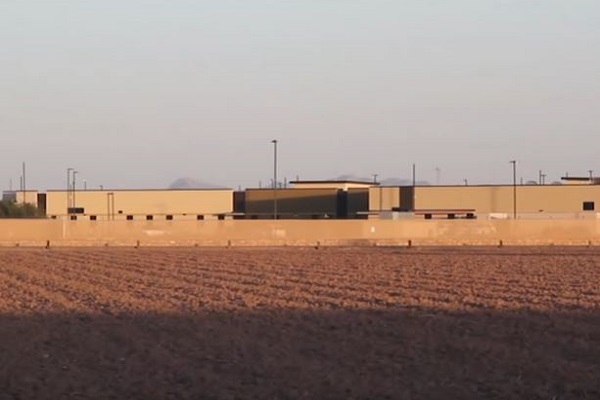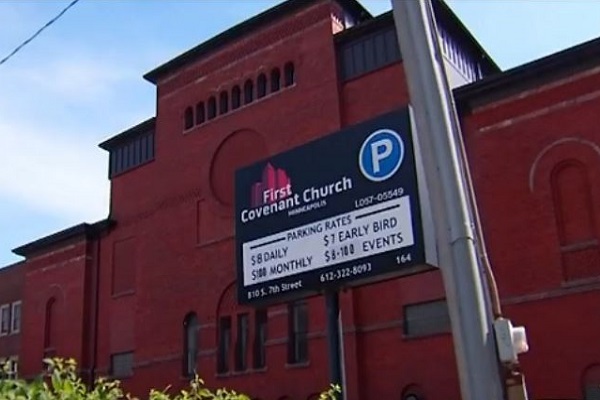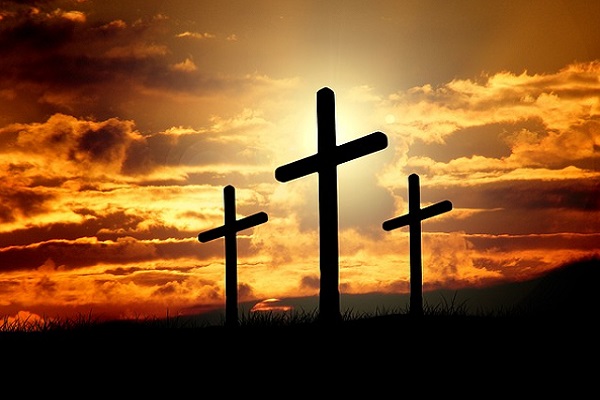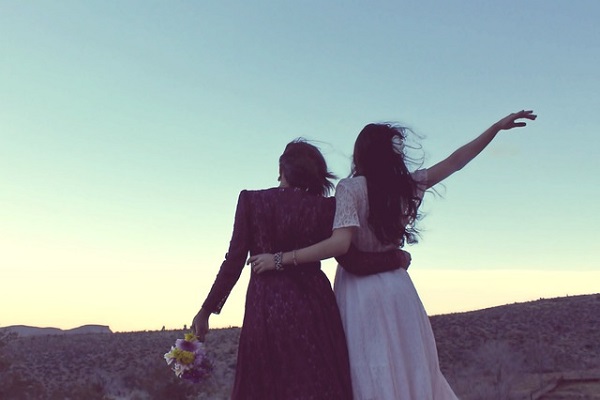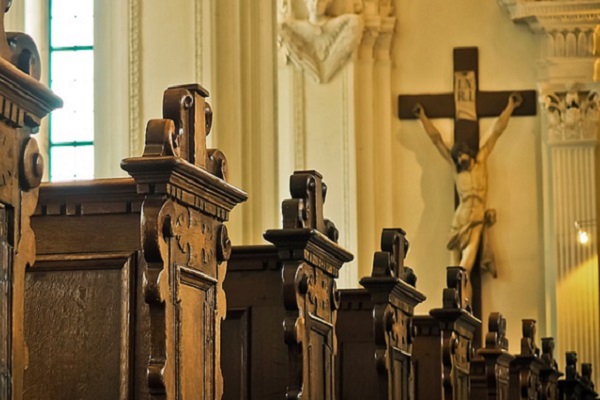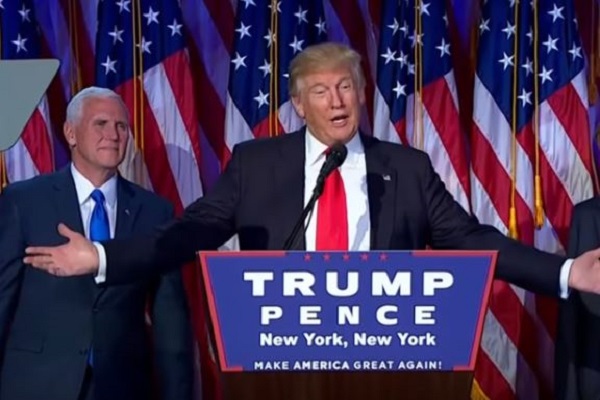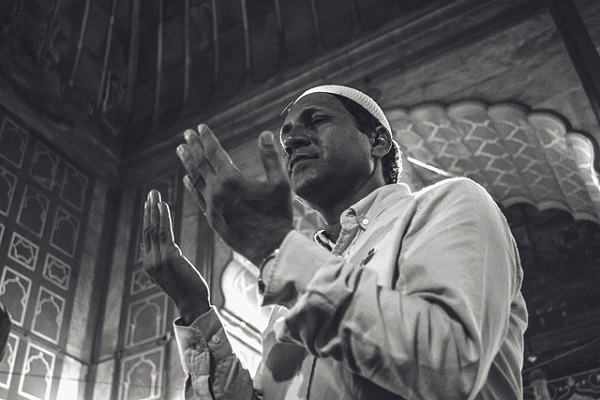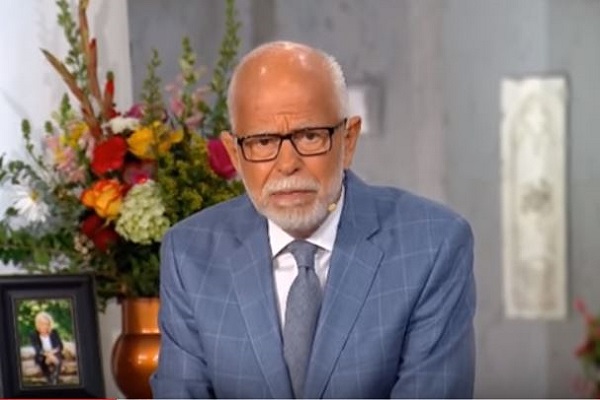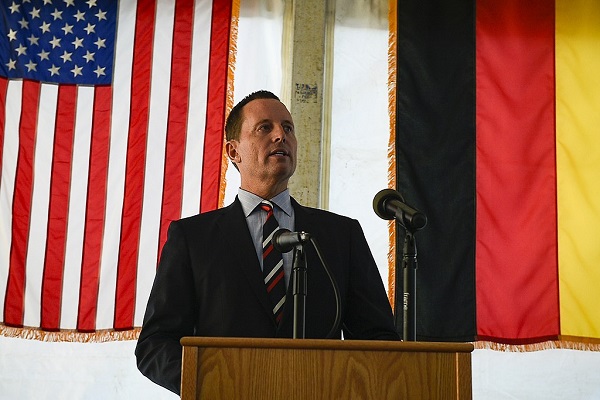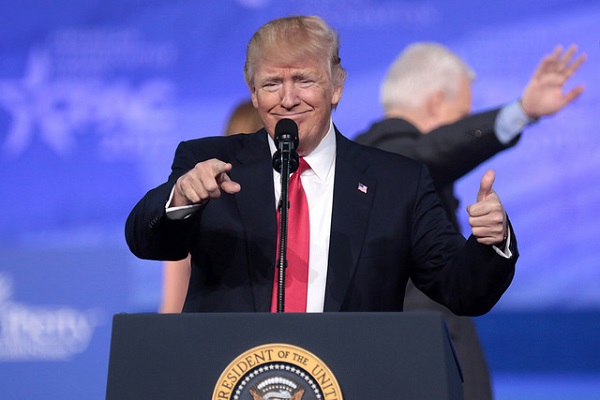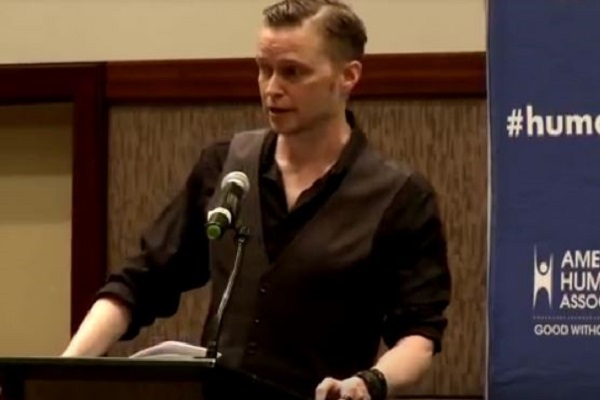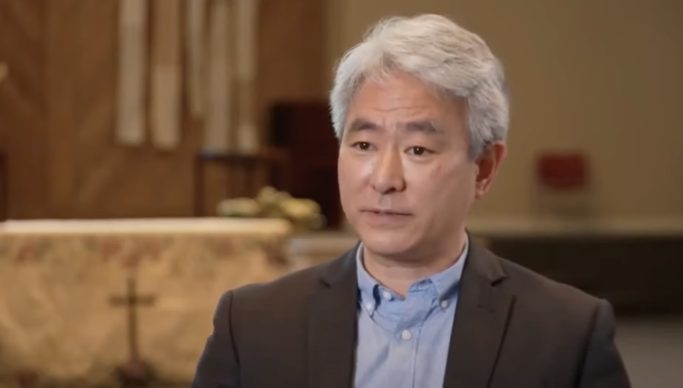
Is Climate Change Simply God’s Will? These Evangelicals Believe Humans Do Have Accountability and Should Do Something About It
- By Deirdre Pelphrey --
- 24 Nov 2022 --
Plagues, floods, famine—these are all manifestations of God’s will. So why shouldn’t climate change—if that’s indeed what it is—be any different?
The National Association of Evangelicals (NAE) takes a different view, opting for a scriptural basis for environmental activism to complement scientific facts and figures, and they’ve produced a booklet explaining exactly why and how.
“Creation, although groaning under the fall, is still intended to bless us. However, for too many in this world, the beach isn’t about sunscreen and bodysurfing but is a daily reminder of rising tides and failed fishing,” writes NAE President Walter Kim in his foreword to the report, entitled “Loving the Least of These: Addressing a Changing Environment.”
Kim continues, “Instead of a gulp of fresh air from a lush forest, too many children take a deep breath only to gasp with the toxic air that has irritated their lungs.”
But evangelicals are a tough sell as far as doing anything about the climate or the environment. So while mainline Protestant Christian churches and Pope Francis have repeatedly acknowledged the urgency of addressing climate change, many prominent evangelical leaders have suggested the opposite: Last year, Franklin Graham, son of the reverend Billy Graham, trivialized climate change as “nothing new” in a Facebook post likening it to biblical instances of extreme weather—such as the flood in Genesis or the years of famine and drought in Egypt—that are depicted as acts of God.
Small wonder then that the booklet begins with an appeal to the faithful with a section that insists protecting the environment is a biblical mandate.
“The Bible does not tell us anything directly about how to evaluate scientific reports or how to respond to a changing environment, but it does give several helpful principles: Care for creation, love our neighbors and witness to the world,” it says.
The authors go on to cite passages such as Genesis 2:15 (“The Lord God took the man and put him in the Garden of Eden to work it and take care of it”), Matthew 22:39 (“…Love your neighbor as yourself”), and Deuteronomy 15:10 (“Give generously to them and do so without a grudging heart…”).
“We worship God by caring for creation,” the report reads.
Though chapters with solid science back up the report’s urgency for action, a major component of it is its appeal to the love and care of its public, through real-world examples of climate change and its impact on people. Kim points out that flesh and blood stories help readers “understand the human dimension of the impact of climate change.”
“I think people of faith responded very deeply, because we’re wired to follow in the footsteps of Jesus of loving God and loving our neighbor,” he says.
Dorothy Boorse, a biology professor at Gordon College and the chief author of the report echoed the NAE president, saying, “One of the things that can be true for evangelicals is they have a very deep desire to care for others, and they often have a deep spirit of hospitality.”
Will it sway enough evangelicals to make an impact? Boorse believes so. “One huge pattern that I observed is that young evangelicals are very concerned about the environment.” And there is indeed a Young Evangelicals for Climate Action for which Boorse acts in an advisory capacity.
She remains hopeful though she is often frustrated by certain of her brothers and sisters in faith who embrace baseless conspiracy theories about climate change or who scoff at science in general.
“That has been very challenging for me in my professional life,” she acknowledges. “But I feel God has privileged me with the task of speaking to a group of people that I know and love, and trying, consistently, to talk about this as a real phenomenon—and it needs our attention.”
For the biology professor, the urgency of the work—and the tenets of her faith—keep her moving ahead and fighting.
“I’ve decided to be hopeful,” she said. “I think everybody has to, or you’d never get anything done.”


